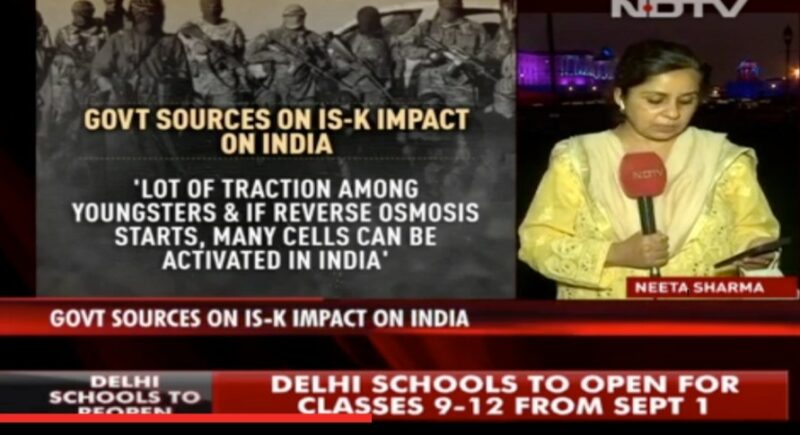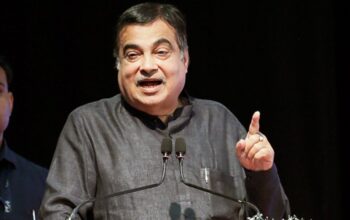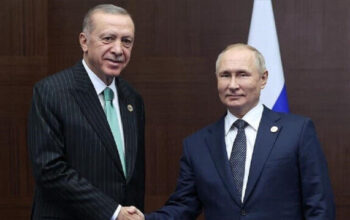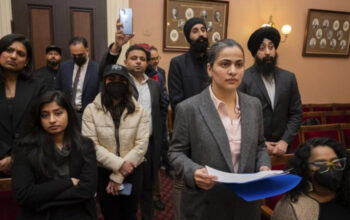New Delhi: The ISIS unit supposed to be behind Thursday’s murderous bombardments of Kabouls have India in their crosslinking with the establishment of their Caliphate’s rule are among the high ideological objectives, sources of the Indian information community. declared to NDTV.
According to the government sources that have requested not to be appointed, having a solid foot in Afghanistan, the Islamic Khorasan State, also known as ISIS-K or ISIS-K, hopes “Export Jihad to Central Asia and later in India “
Conduct terrorist attacks and youth recruitment young people are at the top of their agenda, they added: “Ideologically, they want to establish the Caliphate and India rule are included in that.”
They said that the youth of Kerala and Mumbai joined ISIS and the violent group finds significant traction among radicalized people.
“If reverse osmosis begins, many cells can be activated in India,” said an official, worry about the concern of the Group’s recruitment plans.
With Taliban’s control in Afghanistan, the country emerges as a petri dish for terrorist groups, he said.
According to them, the leadership of the terrorist group based in Pakistani Yellow-E-Mohammed, known for his attacks in Jammu and Kashmir, has moved to the province of Helmand of Afghanistan, bordering Kandahar.
Similarly, the management of the Lashkar-e-Taiba, responsible for the 2008 Mumbai attacks, moving to Kunar in Oriental Afghanistan, declared sources.
owever, ISIS-K quickly joined their League for Indian Intelligence.
According to a source, Kabul attacks have been made to demonstrate that the Taliban can not provide the safety it has promised.
ISIS-K also wants to become a key central broker in Afghanistan and “Goad the United States by prolonging, in a form or form, its presence against terrorism” which would offer the leverage of the terrorism group against the Taliban, said a senior officer.
Appointed according to a former term for the Khorasan region, ISIS-K appeared for the first time in eastern Afghanistan at the end of 2014 and quickly established a reputation for extreme brutality.
Some experts on Islamist terrorism in the region say it was founded by hard elements of the Pakistani Taliban who fled in Afghanistan when the Pakistan security forces filed them.
US officials say that ISIS-K includes the Pakistani of other terrorist and extremist groups Uzbeks in addition to Afghans.
ISIS-K fought both in the West Afghanistan government and the Taliban, but its operational connection accurate with the main IRAK group in Iraq and Syria remains uncertain.






